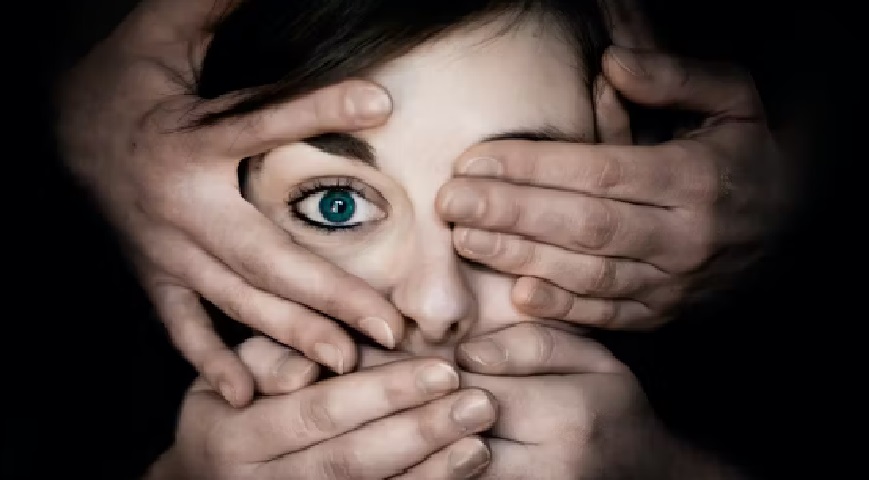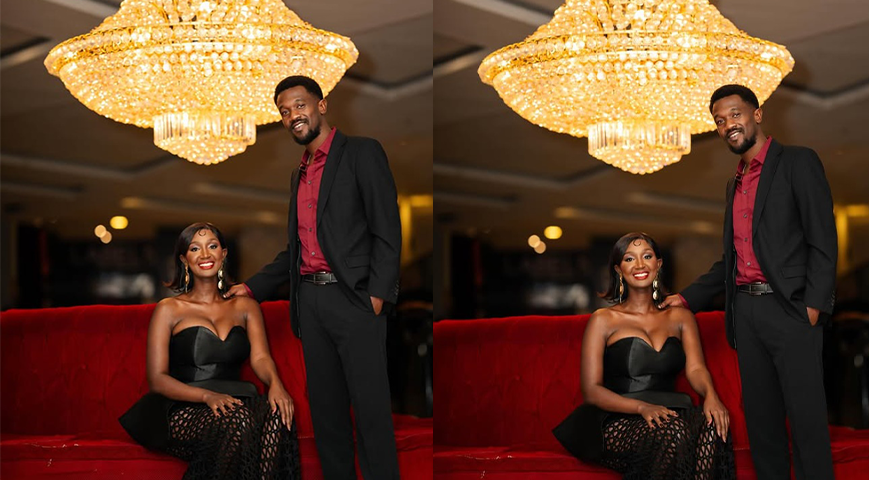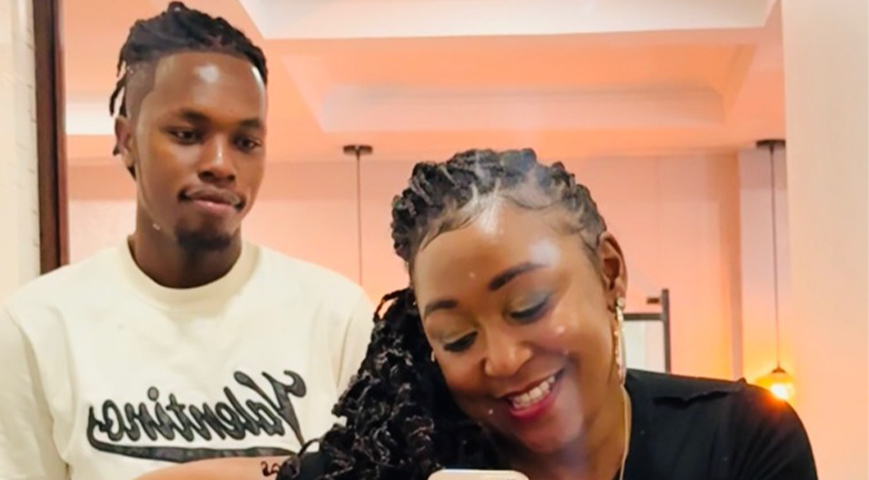A peculiar and somewhat cryptic phrase has recently been dominating Twitter trends and igniting debates on the social media site. Many users are confused about the meaning and origin of the expression "Fear Women," which has garnered a lot of popularity.
This Is How It All Began
It appears that the hashtag "Fear Women" originated in Nigerian Twitter culture. It is crucial to comprehend the context in which it is used, even though it may initially seem ominous or even disparaging. The expression is frequently used cynically and hilariously in Nigerian social media posts and slang to describe instances in which males have found themselves in intimate settings or have been outwitted by women.
Social Commentary
The fact that "Fear Women" is a sort of social commentary is one of the reasons why it has grown so popular on Twitter. The expression is widely used to draw attention to gender dynamics, power battles, and interpersonal problems. People are having discussions on trust, loyalty, and the complexity of contemporary relationships through exchanging experiences, jokes, and memes that are related to this phrase.
Empowerment and Agency
Ironically, "Fear Women" has acquired a sense of empowerment. The phrase has gained popularity among women in particular as a way to convey their agency and independence. It is a method for women to show their power and serve as a reminder to others that they are not to be taken for granted or undervalued. Instead of encouraging fear in this situation, it is more about women asserting themselves.
Meme Culture
Memes are a potent form of expression in the world of online culture. "Fear Women" has started to resemble a meme, with people producing relatable and humorous content that appeals to a broad audience. A range of aspects of life, including friendships, cultures, and societal mores, can be discussed through the usage of memes.
Trending as a Cultural Phenomenon
Twitter trends often reflect broader cultural conversations. "Fear Women" has taken on a life of its own as a trending topic, drawing in people from different walks of life and sparking dialogue about the intricacies of human relationships and the power dynamics between genders. It has become a cultural touchpoint that transcends its origin.
The Dangers of Misinterpretation
Although the expression is frequently used in a lighthearted or satirical manner, it's important to understand that it can also be misunderstood when taken out of context. Some people are worried that "Fear Women" can unintentionally reinforce detrimental gender biases and preconceptions about women. This emphasizes how crucial it is to comprehend the complex context in which the expression is employed.
Addressing Misunderstandings
Many users have taken to clarifying the phrase's intended meaning and the comedy attached to it in order to reduce misunderstandings and encourage a healthy conversation about "Fear Women." These justifications seek to make it clear that the goal is to have a humorous conversation about relationship dynamics and gender issues rather than instilling dread.











